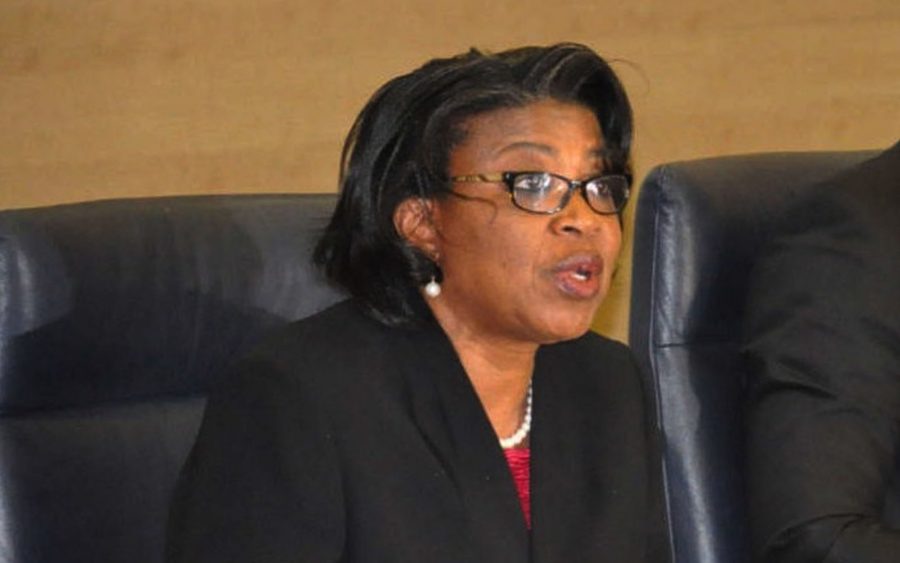Nigeria confirmed on Tuesday that it has no plans to source debt from the Eurobond market this year as it shifts its focus to domestic borrowing and sourcing from concessional sources. This was confirmed by the DG of the Debt Management Office, Patience Oniha at an investor conference held on Tuesday.
The Investors Conference with the Federal Government of Nigeria was put together by CitiBank. The conference which was held online was titled COVID-19, Economic and Budgetary Update. Nairametrics listened in on the Conference Call.
“When we saw where the market was based on the challenges we needed to address in terms of Covid-19 we planned the borrowing to be domestic and then external from concessional sources. We did not include the plan for this year to access the international market. We did not know how long this we last, what the cost will be and all the countries that came to the market were all investment-grade so we did not want to take a chance” she clarified.
She then confirmed that new Eurobond sales are not planned for this year but did not entirely rule it out. “Not for this year but certainly to go back to that market (Eurobond Market) we have to see where the levels again remember that I said borrowing in the domestic cheaper than borrowing in the international market. Having said that I haven’t seen any country in the B- rating in the market at this time” she concludes.
READ ALSO: Debt profile: Bankruptcy looms, Obasanjo warns FG
On whether Nigeria was seeking a debt relief from its creditors she maintained this was not the case and that the country was not seeking any debt relief. According to Oniha, “Nigeria is not looking to getting a relief from its creditors whether commercial or bilateral.” Commercial loans refer to loans sold on the foreign market like Eurobonds while bilateral loans are loans between countries like that between China and Nigeria.
Nigeria obtained a $3.4 billion Rapid Instrument Loan from the IMF in August as the impact of the Covid-19 pandemic ravaged the economy. At the same investor conference, the Minister for Finance Zainab Ahmed confirmed that the country has close to closing out a $1.5 billion World Bank facility for the Federal Government and another $1-1.5 billion for States.
Download the Nairametrics News App
Nigeria has seen its debt profile rise to N27.4 trillion or $84 billion as at December 2019. The loans are divided into foreign at $27.6 billion or N9 trillion and domestic at N18.3 million or $56.3 billion. Nigeria’s public debt profile is likely higher than these figures when you account for the recent devaluation and net new loans obtained this year. The DMO is yet to publish the latest figures for Nigeria’s public debt in 2020. However, as at March 2020, the Federal Government had a domestic debt stock of N14.7 trillion.
























